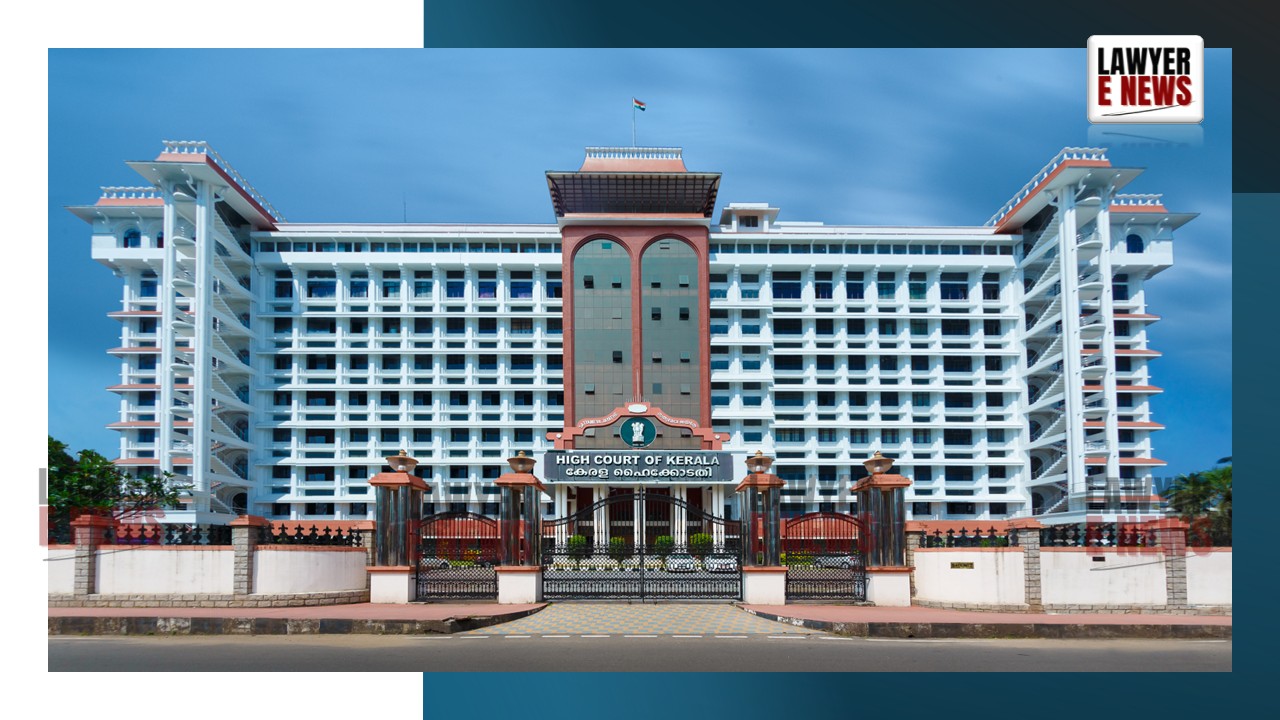-
by Admin
15 February 2026 5:01 PM



Kerala High Court substantially enhancing the compensation awarded to Mr. Prasad A.V., an upper primary school teacher who suffered severe injuries in the tragic Kadalundi train accident of June 22, 2001. Justice G. Girish presided over the case and raised the compensation amount to ₹9,62,000, overruling the Railway Claims Tribunal's earlier judgment that limited the compensation to ₹1,60,000. The judgment underlined that continued employment does not negate the profound impact of permanent disabilities resulting from such incidents, setting a crucial precedent for cases involving compensation under Rule 3(2) of the Railway Accidents and Untoward Incidents (Compensation) Rules, 1990.
Justice Girish observed, "The physical disabilities suffered by the appellant as a result of the train accident have derailed his life and incapacitated him from leading a normal life like the one he had been following prior to the accident." The court further clarified that the determination of incapacitation for compensation under Rule 3(2) does not require proof that the victim is in a vegetative state or completely unemployed.
Background of the CaseThe appellant, Mr. Prasad, was a passenger in the Kadalundi train accident, a catastrophic derailment that caused numerous fatalities and injuries. As a result of the accident, Mr. Prasad suffered fractures in his clavicle and forearm, along with ulnar nerve palsy, necessitating extensive medical treatment, including multiple surgeries. Despite enduring such grievous injuries, he remained employed as a teacher. In December 2001, he approached the Railway Claims Tribunal (RCT), Ernakulam, seeking compensation of ₹4,00,000 under Rule 3(2), which allows for such claims in cases of complete incapacitation due to non-scheduled injuries.
In 2005, the Tribunal awarded Mr. Prasad ₹1,60,000, which he deemed grossly inadequate. Subsequent appeals were filed, and the case was remanded twice by the Kerala High Court, first in 2010 and then in 2016, with explicit instructions to the Tribunal to reevaluate the evidence, including medical records and treatment documents. Despite these directions, the Tribunal, in 2017, reaffirmed its original order, claiming that Mr. Prasad’s continued employment disqualified him from claiming full compensation. This judgment led to the present appeal before the High Court.
Key Legal Issues and Court ObservationsThe High Court was tasked with addressing two critical issues. First, it had to determine whether Mr. Prasad’s injuries, despite his continued employment, amounted to complete incapacitation under Rule 3(2). Second, it examined whether the Tribunal erred in dismissing the detailed medical evidence presented by the appellant.
Justice Girish emphasized that Rule 3(2) explicitly provides for compensation of up to ₹4,00,000 in cases where non-scheduled injuries "deprive a person of all capacity to do any work." Citing the appellant’s permanent disabilities, the court noted that Mr. Prasad had undergone several surgeries and continued to suffer severe functional limitations. Referring to the evidence presented, including a disability certificate stating 30% permanent disability, the court observed, “The evidence tendered by the appellant would go to show that the physical disabilities suffered by him as a result of the train accident have derailed his life and incapacitated him from leading a normal life.”
The judgment further reprimanded the Tribunal for its narrow interpretation of Rule 3(2), which focused solely on Mr. Prasad’s continued employment rather than his functional limitations. The court remarked, “It is too hard to accept the hypothesis of the Tribunal that the appellant ought to have been terminated from service if he wanted to claim the compensation under Rule 3(2). The physical condition of a person as one deprived of all capacity to do work does not mean that the said person should be in a vegetative state.”
In determining the appropriate compensation, the High Court applied the principles outlined by the Supreme Court in Union of India v. Rina Devi (2018). The apex court held that compensation must reflect either the amount prescribed on the date of the award or a reasonable interest-based calculation of the compensation amount prevailing on the date of the accident, whichever is higher. Applying this principle, Justice Girish awarded Mr. Prasad ₹9,62,000, incorporating 6% annual interest on the prescribed compensation of ₹4,00,000 from 2001 to 2024. The court also directed the Southern Railway to pay this amount within 30 days, failing which an interest rate of 9% per annum would apply from December 28, 2024, until full payment.
The Kerala High Court’s judgment stands as a pivotal moment in ensuring justice for victims of railway accidents. It underscores the judiciary’s role in interpreting the law to account for the long-term impact of injuries, rather than dismissing claims based on technicalities or superficial observations. Justice Girish’s strong words for the Tribunal’s failure to evaluate evidence appropriately reinforce the principle that procedural lapses must not deprive victims of their rightful claims.
By enhancing Mr. Prasad’s compensation and affirming his right to redress under Rule 3(2), the court has set a critical precedent for similar cases, ensuring that victims of non-scheduled injuries are adequately compensated for their losses.
Date of Decision: November 28, 2024
